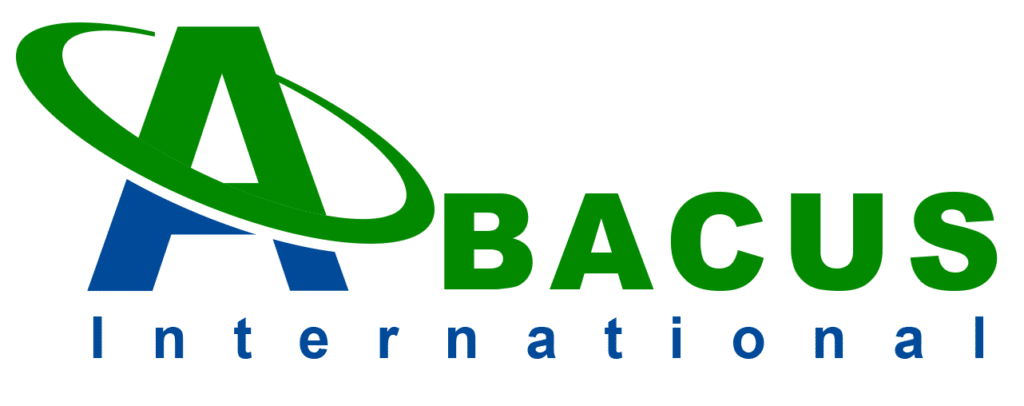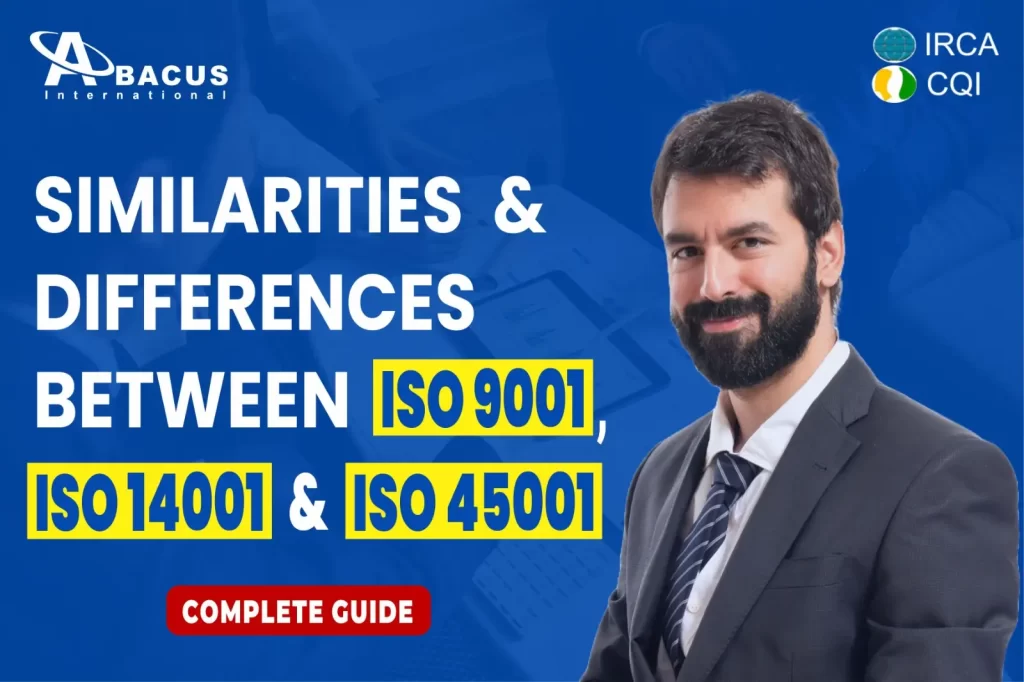ISO (International Organization for Standardization) is an independent non-governmental standard with a membership of more than 170 national standards bodies. Its members work to create globally accepted principles that improve worldwide work efficiency.
These guidelines help organizations implement strong management systems to increase the quality of their goods and services, limit environmental problems, and satisfy regulations related to occupational health and safety. This article will cover three widely recognized ISO standards: ISO 9001, ISO 14001, and ISO 45001.
1. ISO 9001: Quality Management System
ISO 9001 (QMS) is the international standard for quality management systems. It mainly focuses on seven quality management principles, managing relationships, making decisions based on evidence, leadership, improvement, employee contribution, and prioritizing customer needs. It manages and improves companies work that meets customer requirements and provides extra benefits to the business.
Who should consider ISO 9001?
ISO 9001 Lead Auditor Course is important for every business that wants to deliver consistently excellent goods. It shows that a business is recognized by global standards which increase trust. These are the Factors for a Good Quality Management System.
Requirements:
- Prioritize the Customer
- Leadership
- Engaging people
- Following processes
- Improvement
- Using evidence for decisions
- Managing Relationships
Read More: Individual and Organizational Benefits of ISO 9001
2. ISO 14001: Environmental Management System
International standard for environmental management systems is ISO 14001 (EMS). Businesses may continuously test, analyze, and control their environmental effect and increase income with the help of EMS. This increases the success of their company and positive ecological engagement.
Who Considers ISO 14001?
Any business that wants to be more environmentally friendly, work better, and show everyone it cares about the environment should consider ISO 14001 Lead Auditor Course.
Requirements
- Policy for the environment
- Planning
- Putting plans into action
- Checking and fixing mistakes
- Reviewing management
3. ISO 45001: Occupational Health and Safety Management System
Internationally recognized standard for occupational health and safety management systems ISO 45001 (OHSMS). It gives businesses detailed guidelines for managing occupational health and safety. Following health and safety International Training or Corporate Training can help organizations make sure their workplaces are safe, and their employees work better. It can be considered by any Organization, from small businesses to worldwide corporations, in any industry.
Who Considers ISO 45001?
ISO 45001 Lead Auditor Course can be used by any organization that wants to prevent workplace accidents and incidents, improve its employees mental and physical health, and increase productivity by keeping a safe workplace.
Requirements:
- Leadership and worker Contribution
- Planning
- Support
- Operation
- Evaluating Performance
- Making Improvement
Similarities between ISO 9001, ISO 14001, and ISO 45001
Now that you briefly understand three ISO Standards, let’s check out their similarities:
- These three standards follow the high-level structure (HLS) defined by ISO, which simplifies integration for organizations.
- They highlight the importance of leadership, commitment, and continual Improvement.
- They make organizations find opportunities and deal with risks.
- They promote the engagement of people at all levels of the organization.
- They aim to achieve goals and meet customer, environmental, and occupational health and safety requirements.
Differences between ISO 9001, ISO 14001, and ISO 45001
- ISO 9001 focuses on quality management, ISO 14001 focuses on environmental management, and ISO 45001 focuses on occupational health and safety management.
- The specific requirements and criteria for each standard differ based on their goals.
- ISO 9001 requires companies to monitor and measure customer satisfaction, while ISO 14001 needs to monitor and measure environmental performance indicators.
- ISO 45001 requires organizations to identify hazards, assess risks, and implement controls to prevent work-related injuries and illnesses.
Which Certification is Right for Your Organization?
Choosing the right certification depends on your company’s nature, working, goods, and services and its environmental and social impacts. If companies want to improve customer satisfaction, ISO 9001 could be their choice, while those prioritizing environmental performance may choose ISO 14001. For organizations that prioritize health and safety, ISO 45001 certification is for you.
Benefits of ISO Standards
- Improved processes and efficiency
- Higher reputation and credibility
- Increased customer satisfaction
- Improving how well you follow laws and rules
- Reduced environmental footprint
- Safer and Healthier Workplaces


